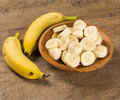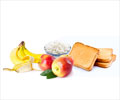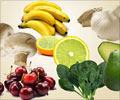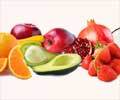Wondering what your next new car will be made of? Possibly from pineapples or bananas.

Study leader Alcides Leao said the fibers used to reinforce the new plastics may come from delicate fruits like bananas and pineapples, but they are super strong.
Some of these so-called nano-cellulose fibers are almost as stiff as Kevlar, the renowned super-strong material used in armor and bulletproof vests. Unlike Kevlar and other traditional plastics, which are made from petroleum or natural gas, nano-cellulose fibers are completely renewable.
"The properties of these plastics are incredible. They are light, but very strong - 30 per cent lighter and 3-to-4 times stronger. We believe that a lot of car parts, including dashboards, bumpers, side panels, will be made of nano-sized fruit fibers in the future. For one thing, they will help reduce the weight of cars and that will improve fuel economy," said Leao.
Besides weight reduction, nano-cellulose reinforced plastics have mechanical advantages over conventional automotive plastics, Leao added. These include greater resistance to damage from heat, spilled gasoline, water, and oxygen.
With automobile manufacturers already testing nano-cellulose-reinforced plastics, with promising results, he predicted they would be used within two years.
Another is curaua, a plant related to pineapple that is cultivated in South America. Other good sources include bananas; coir fibers found in coconut shells; typha, or "cattails;" sisal fibers produced from the agave plant; and fique, another plant related to pineapples.
The scientists said though the process is costly, it takes just one pound of nano-cellulose to produce 100 pounds of super-strong, lightweight plastic.
"So far, we're focusing on replacing automotive plastics. But in the future, we may be able to replace steel and aluminum automotive parts using these plant-based nanocellulose materials," said Leao.
The work has been described at the 241st National Meeting and Exposition of the American Chemical Society (ACS).
Source-ANI
 MEDINDIA
MEDINDIA



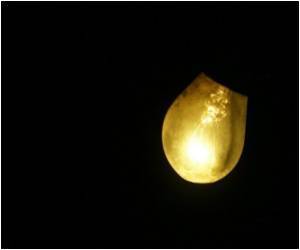
 Email
Email


